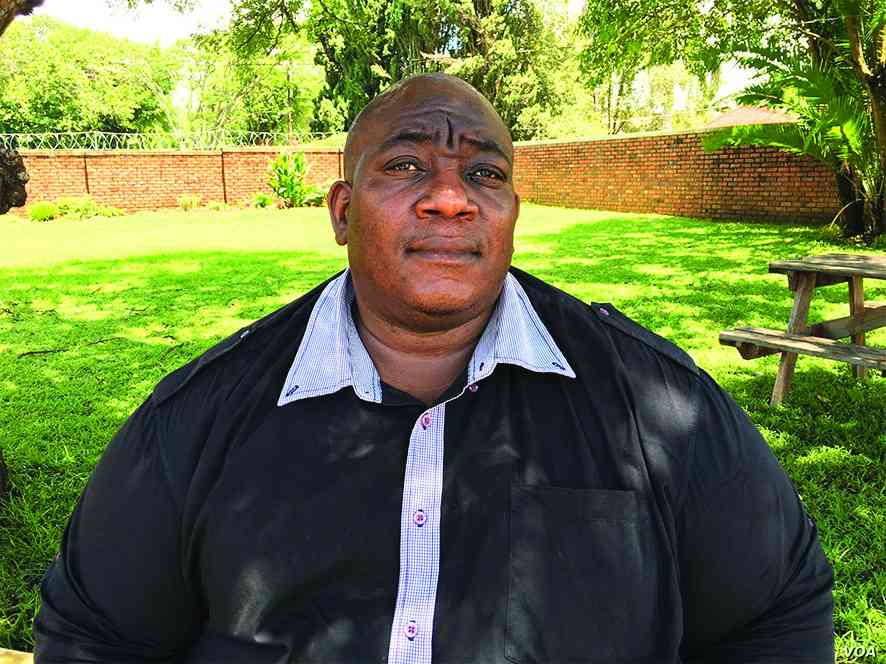
ZIMBABWEANS have continued to dominate the continent on condom use, with a staggering 115 million condoms distributed countrywide last year.
By Phyllis Mbanje
Stakeholders in the health sector said the sharp increase in the uptake of condoms could have contributed to the steady decline in the HIV prevalence rate, which has dropped by 30% since 2009.
The government, with the support of the United Nations Population Fund (UNFPA), distributed 110 male condoms and five million female condoms.
In 2014, the National Spending Assessment (Nasa) validation report established that Zimbabwe spent $7 million on condoms.
During the International Conference on Aids and STIs in Africa (Icasa) held in Harare last November, Zimbabwe was lauded by partners for successful HIV and Aids interventions.
However, a study jointly conducted by UNFPA and the Health ministry, found that young people were having challenges in accessing and utilising condoms.
- Chamisa under fire over US$120K donation
- Mavhunga puts DeMbare into Chibuku quarterfinals
- Pension funds bet on Cabora Bassa oilfields
- Councils defy govt fire tender directive
Keep Reading
This is despite the fact that young people are most at risk and account for the majority of new infections.
Last year, in a bid to encourage condom use, particularly among young people, the government launched a Condomise campaign in collaboration with UNFPA. “People are going to have sex, with or without a condom. We just want to help people make the right decision for safer sex,” UNFPA senior HIV advisor, Bidia Deperthes said.
Meanwhile, the government has intensified efforts to get as many people tested for HIV and Aids.
Addressing journalists at a health talk, Aids and TB co-ordinator Owen Mugurungi said testing for HIV and Aids remained one of the most strategic preventive measures.
“People who know their statuses are less likely to transmit HIV and our focus should, therefore, remain on getting as many people as possible to be tested,” he said. The country will this month initiate a $23 million self-testing programme called STAR, which will run for two years on a pilot basis and close to 400 000 people will take part.
Zimbabwe National Network for People Living with HIV/Aids (ZNNP+) director, Mucha Makamuri said it was prudent for stakeholders to advocate for policies that encouraged HIV testing and creation of a stigma-free environment.
“Stigma is still rife at health facilities and there is need to revise the curriculum for clinicians and include stigma as a subject,” Makamuri said.












